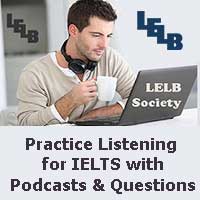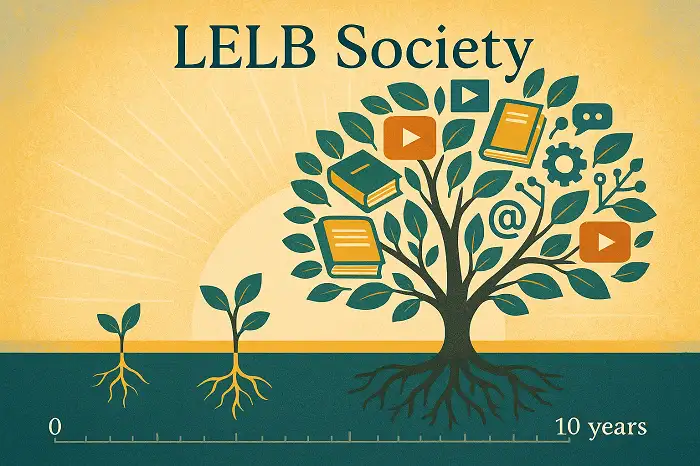IELTS Listening Practice Growth Mindset IELTS Listening Practice Growth Mindset About this activity This activity is labeled round table by Dr. Hariri, the creator and administrator of LELB Society. This activity is on the premise of Flipped Learning, according to which the students watch a video before the class, carry out research into the selected theme, and prepare themselves for an informed discussion in the class. This activity is on the basis of both synchronous and asynchronous computer-mediated communication (CMC), according to which the students are also encouraged to be active even before the class. In this flipped classroom activity, the students are encouraged to utilize the comment form at the bottom of the post to to exchange their questions, findings, and experiences with each ...
Home » Listening Practice in English » IELTS Listening Practice Growth Mindset

IELTS Listening Practice Growth Mindset
Updated: by Dr. Mohammad Hossein Hariri Asl
Time to Read: 4 minutes | 348 Views | 13 Comments on IELTS Listening Practice Growth Mindset
Share This Post
About the Author
Dr. Mohammad Hossein Hariri Asl is an English and Persian instructor, educator, researcher, inventor, published author, blogger, SEO expert, website developer, entrepreneur, and the creator of LELB Society. He's got a PhD in TEFL (Teaching English as a Foreign Language).
Number of Posts: 4242



8. Frankly, during her lecture, I found her smiling almost artificial. What is your standpoint about it?
I was so preoccupied with the engrossing topic that I missed the point you are making. I should re-watch the presentation.
7. What is the meaning of equality? [Time 5:40]
Thank you for referring to the elapsed time in the presentation on growth mindset.
6. Is praising talent an appropriate method for encouraging children to be more industrious? Why?
Such a good question about promoting a growth mindset, particularly in young children.
5. How is the effect of neurons on learning?
In fact, learning is thoroughly dependent on the interactivity among the neurons in our brains. It’s not just the matter of quantity, though, as the quality of this interaction carries much weight, as well.
4. How can we change students’ mindsets directly?
Developing a growth mindset from an educational point of view! Thank you for raising this question.
3. What’s the meaning of resilience? [Time: 3:53]
2. How are the power of yet and a growing mindset closely intertwined with each other?
1. What was so encouraging about that high school curriculum in Chicago?